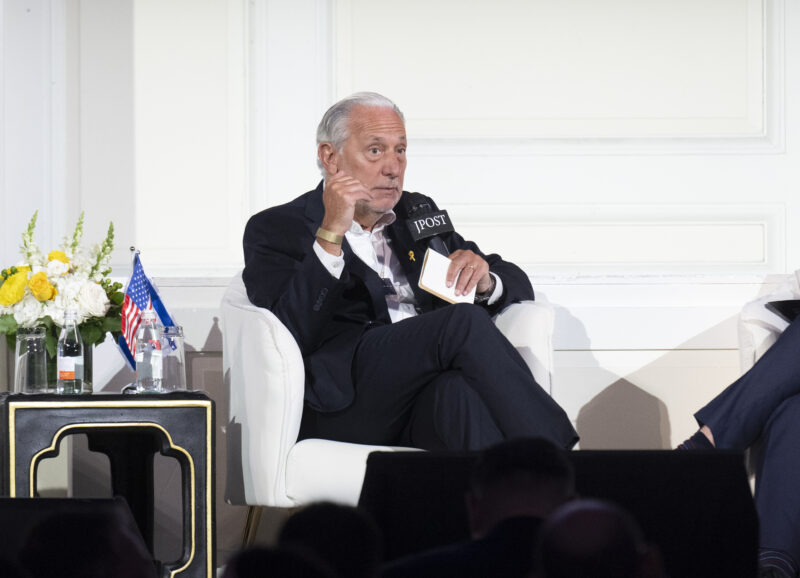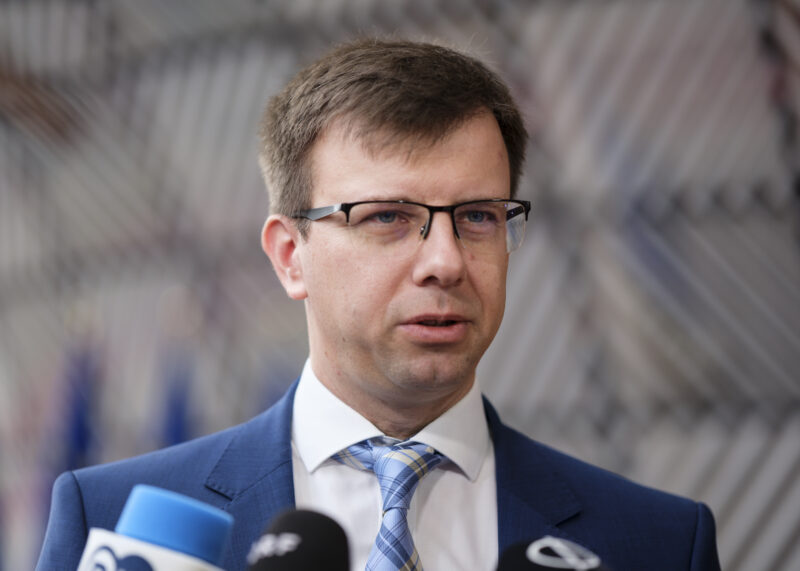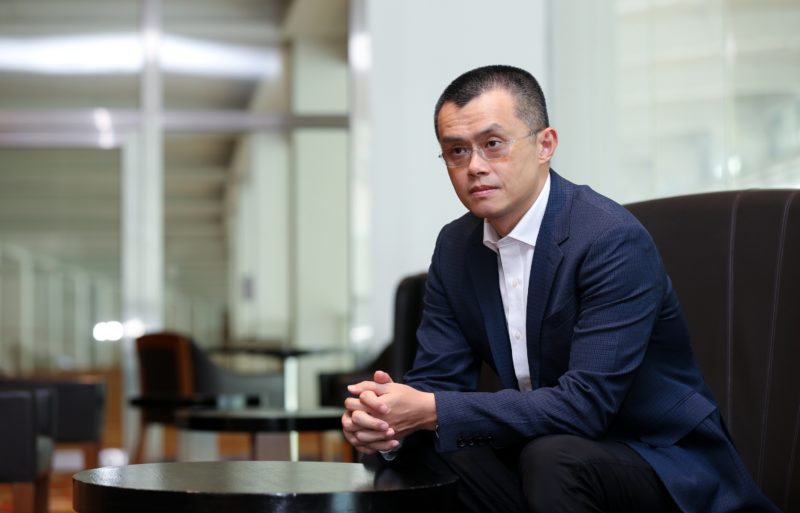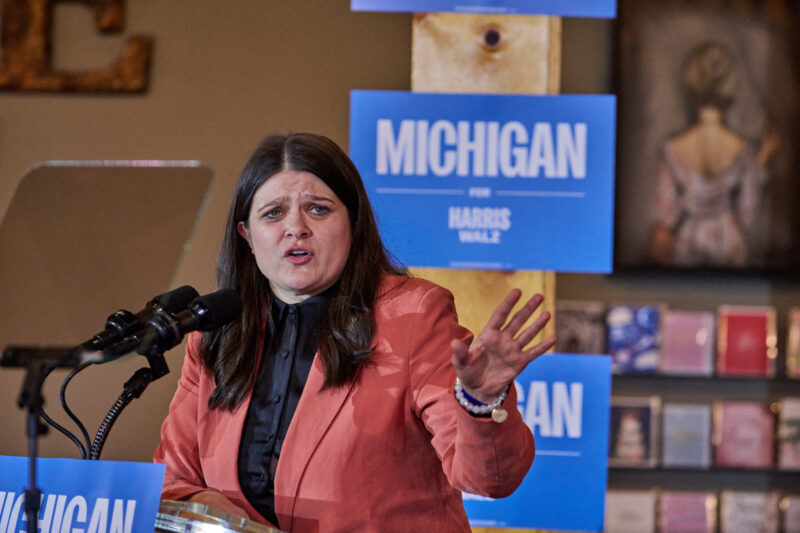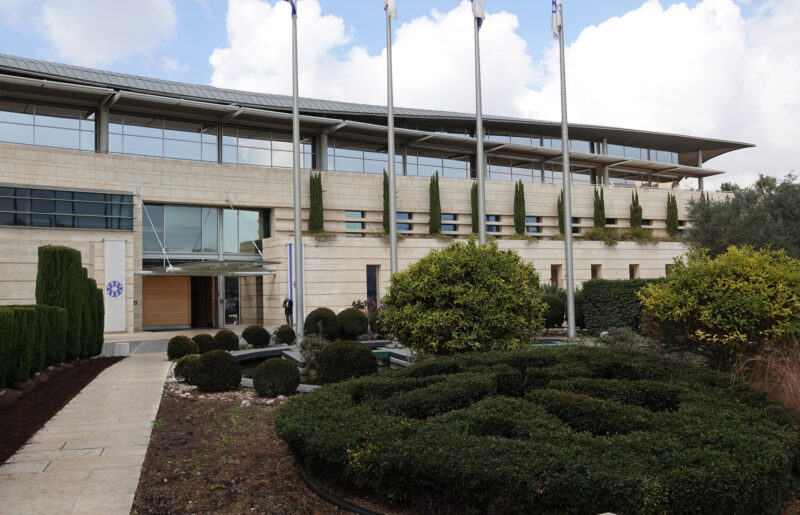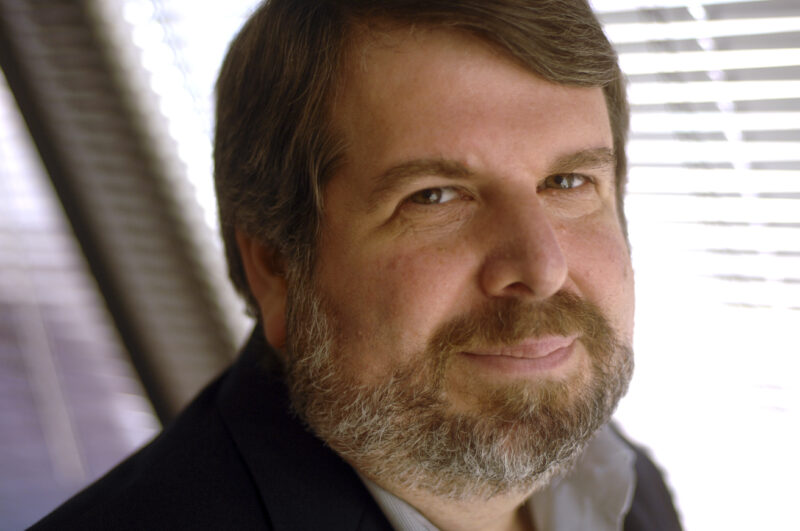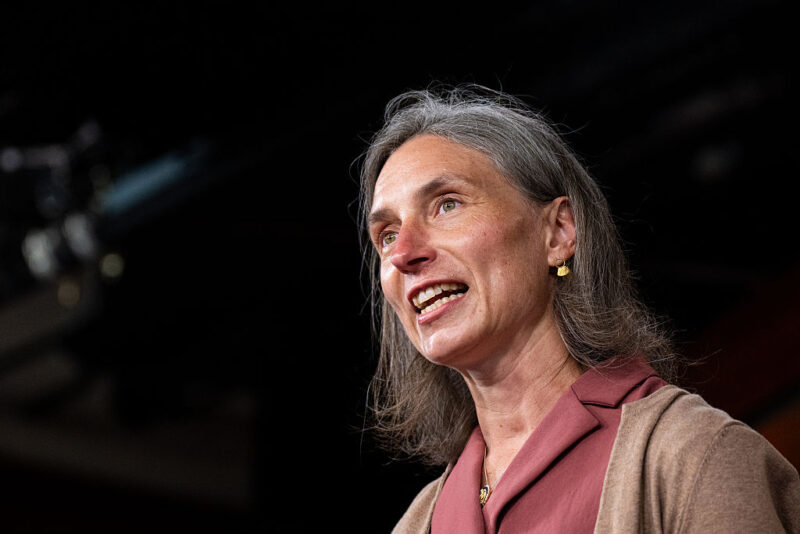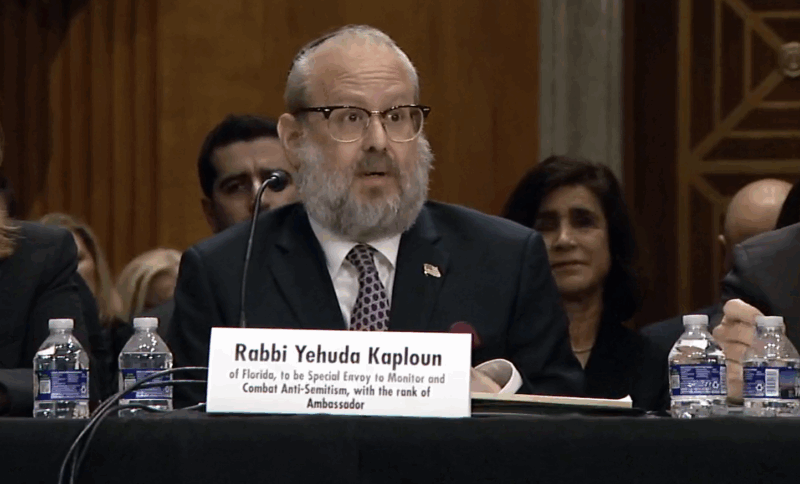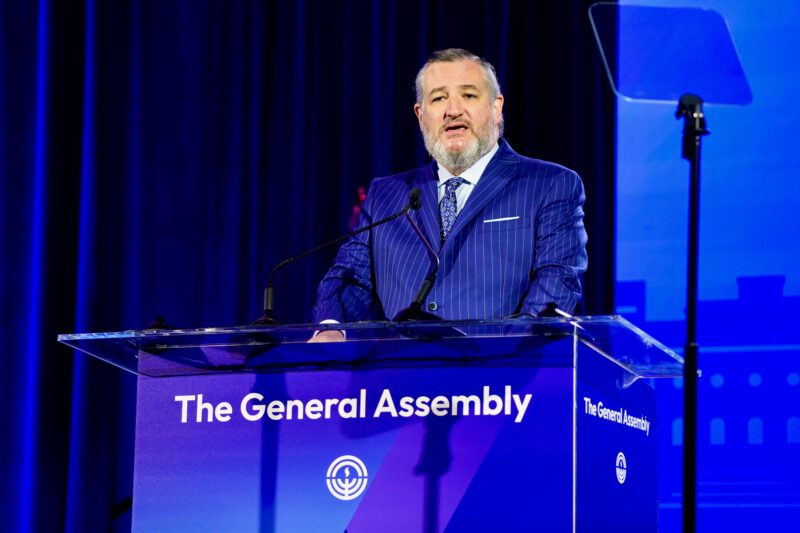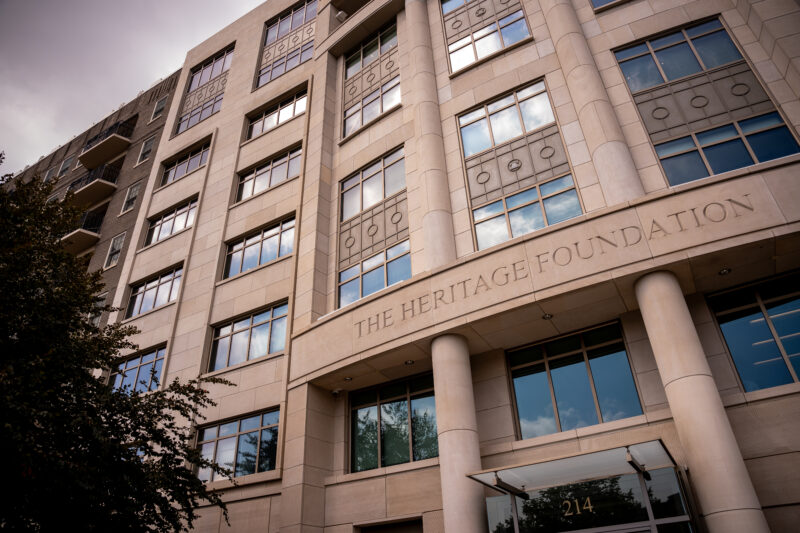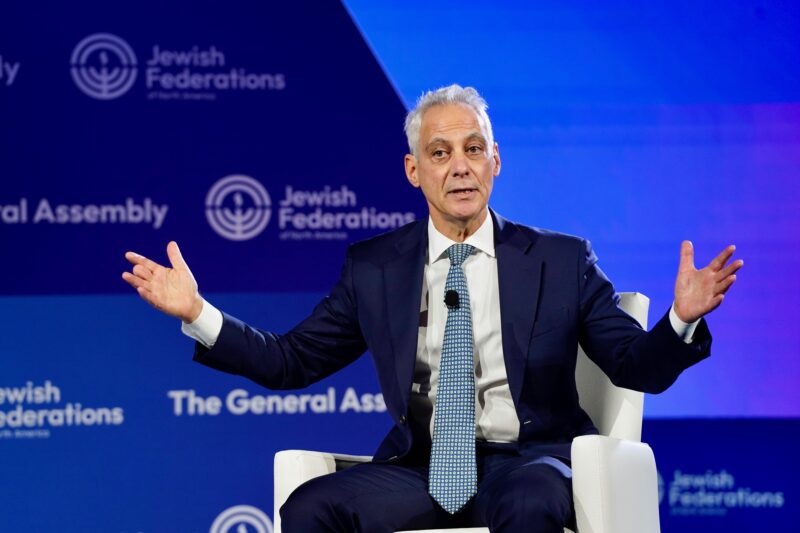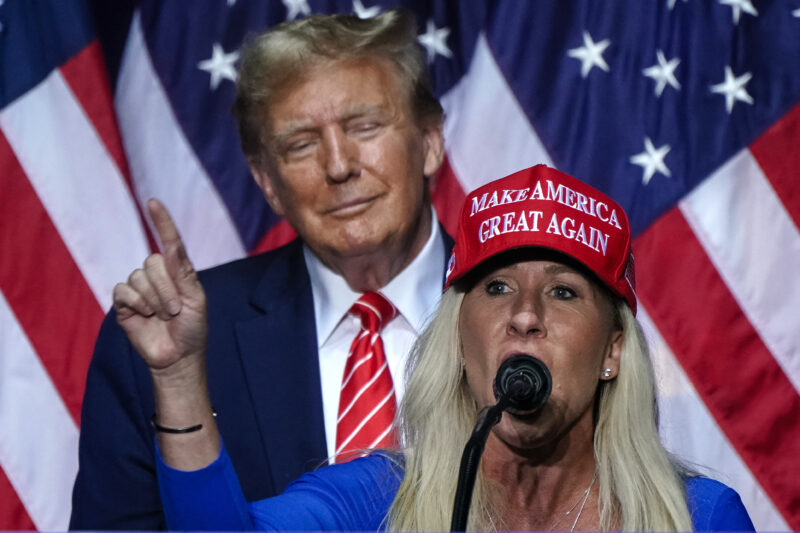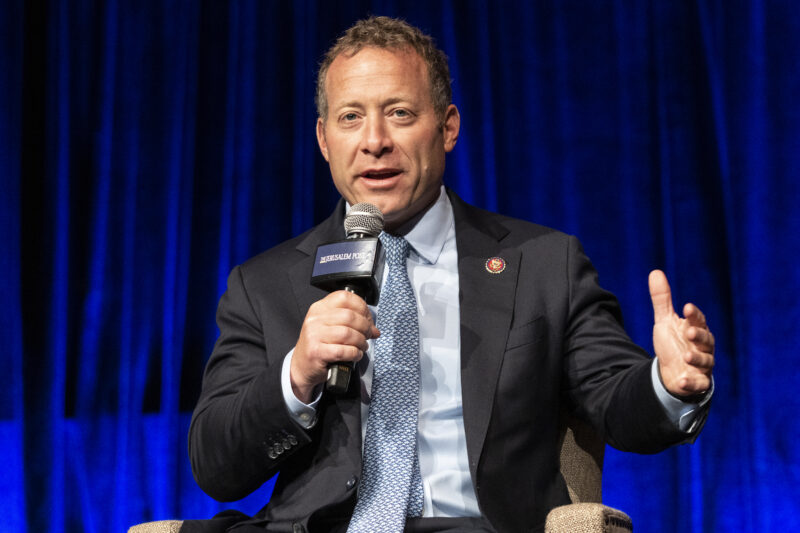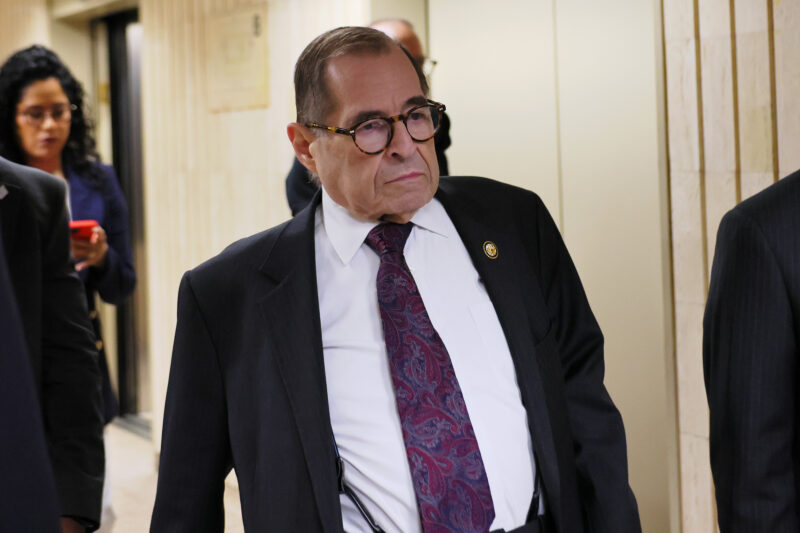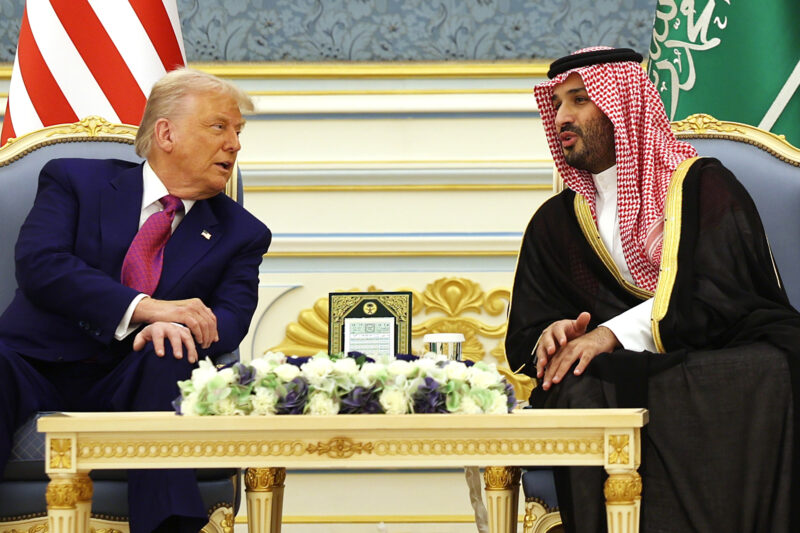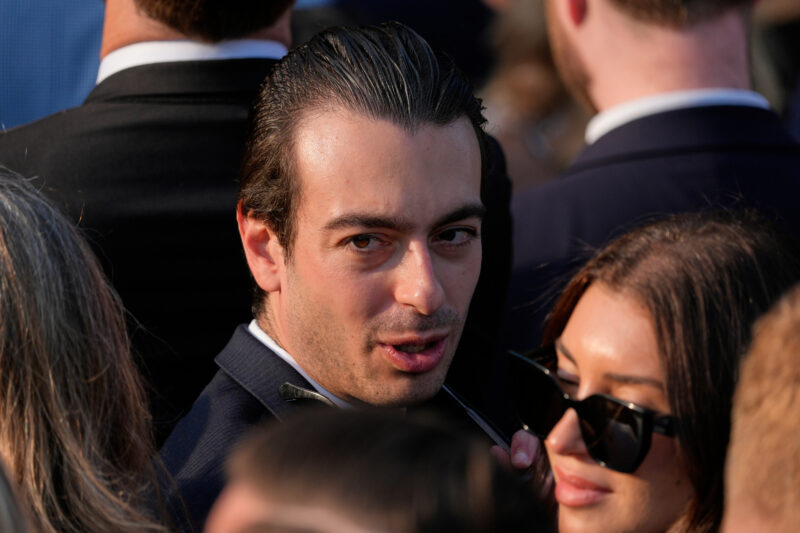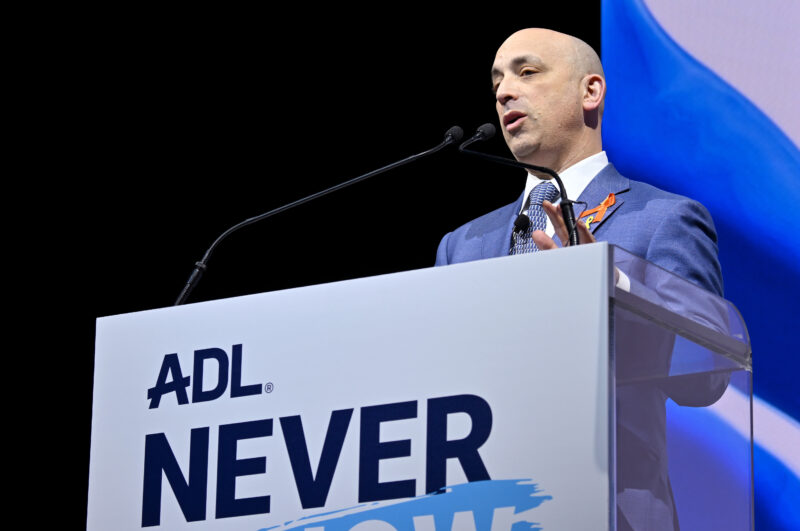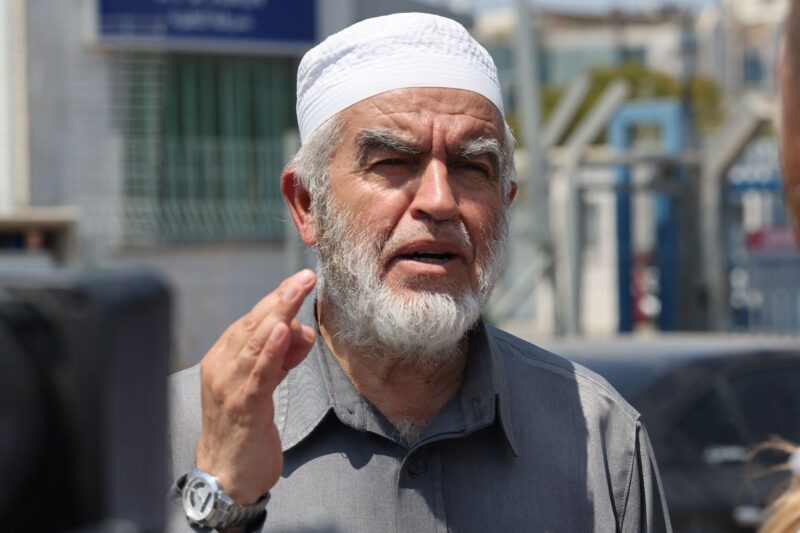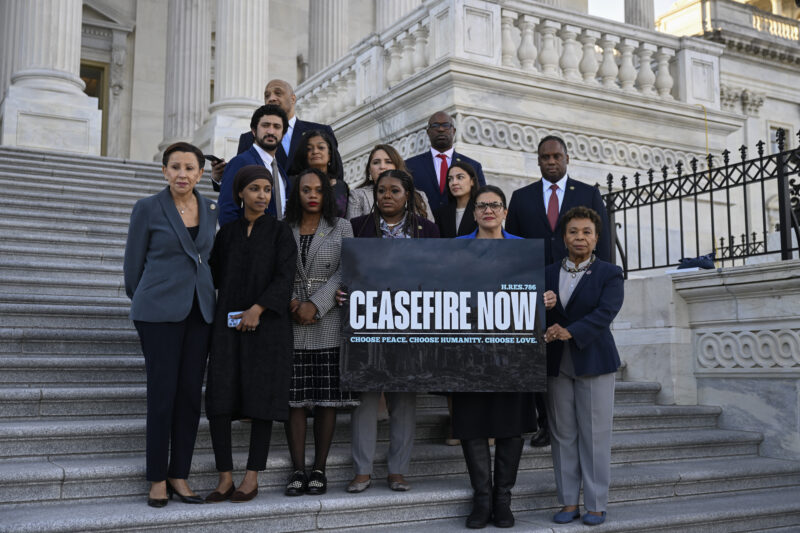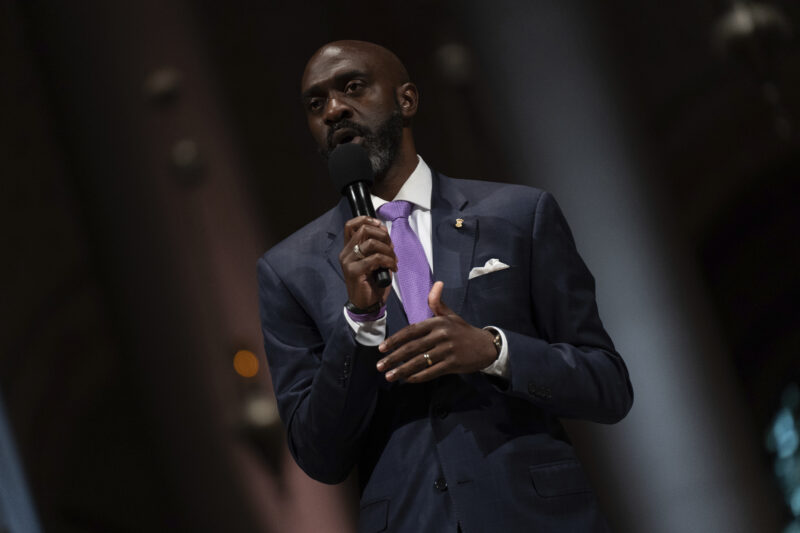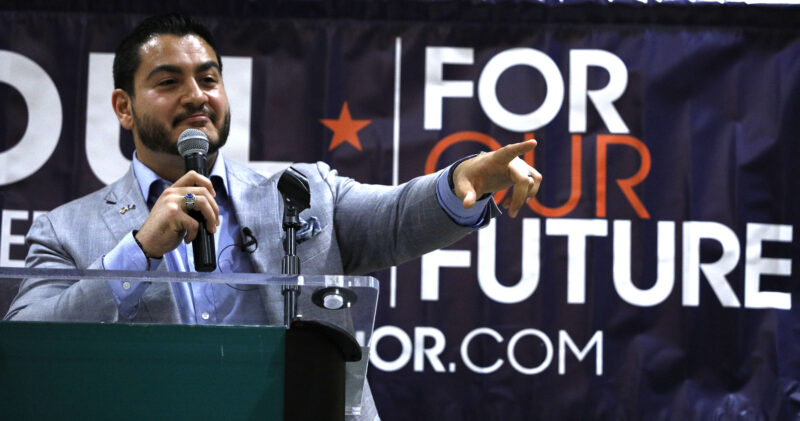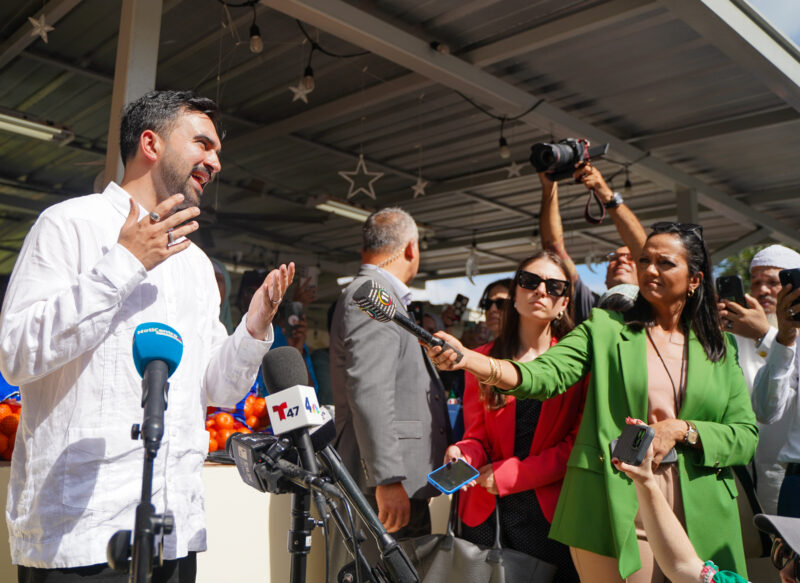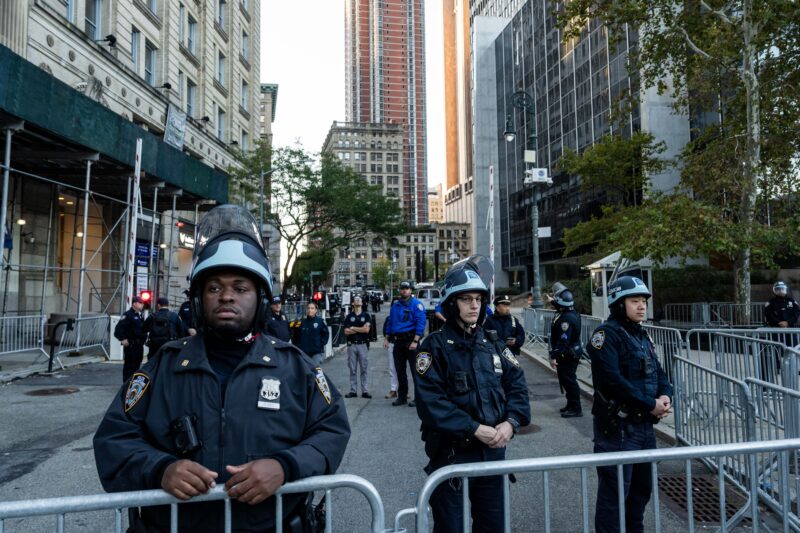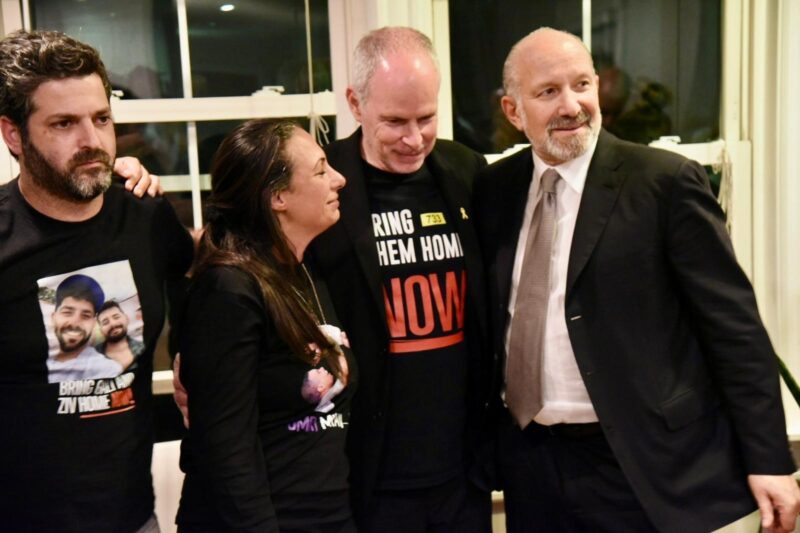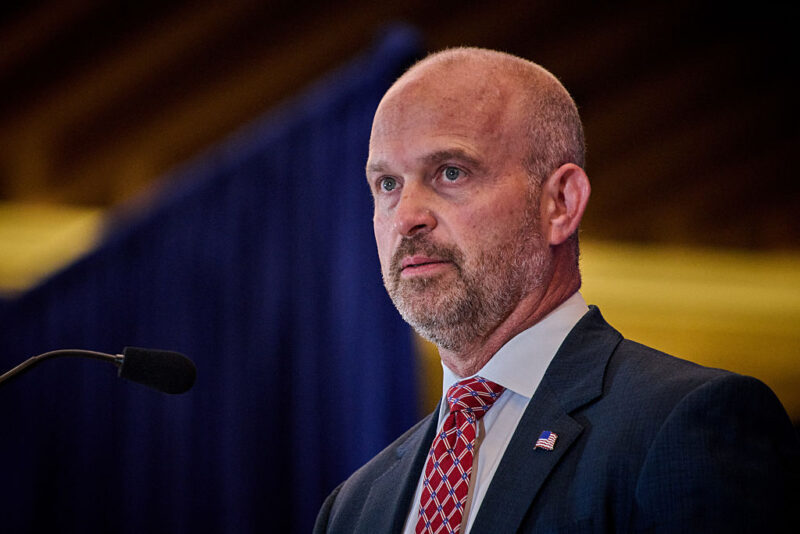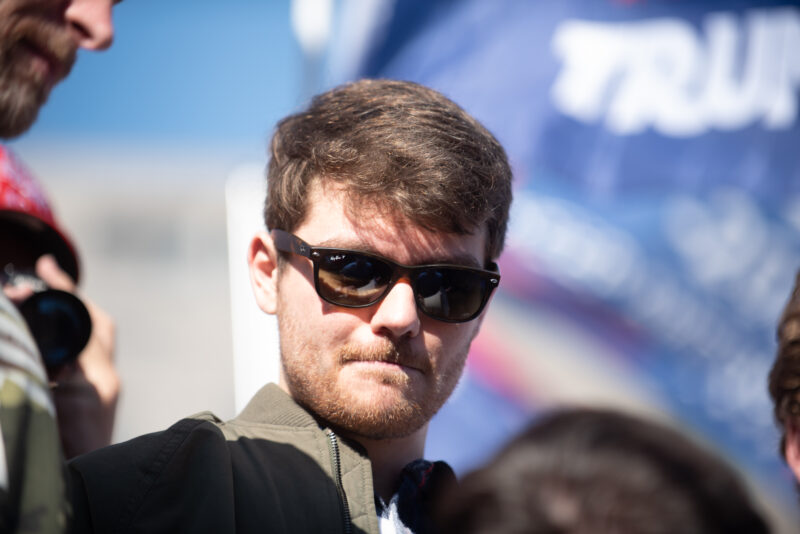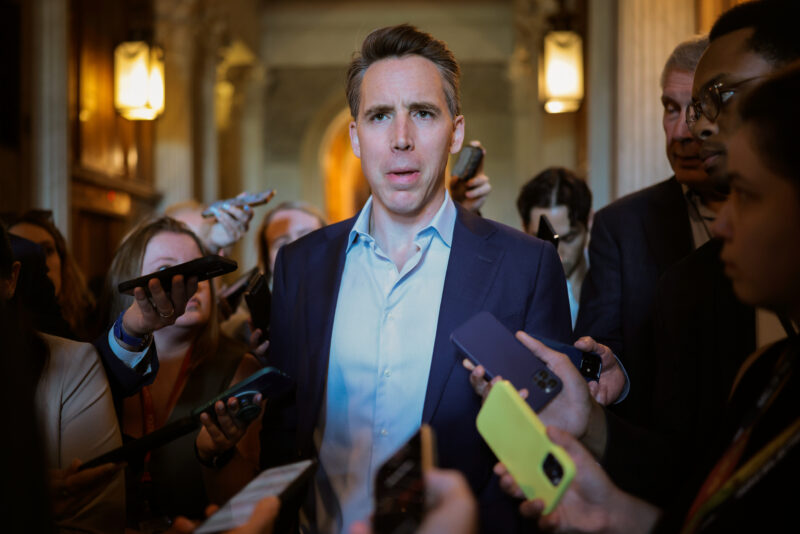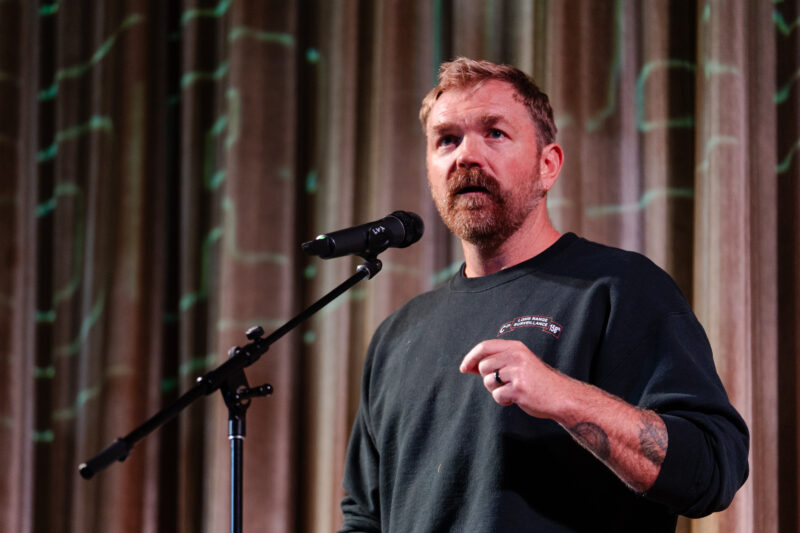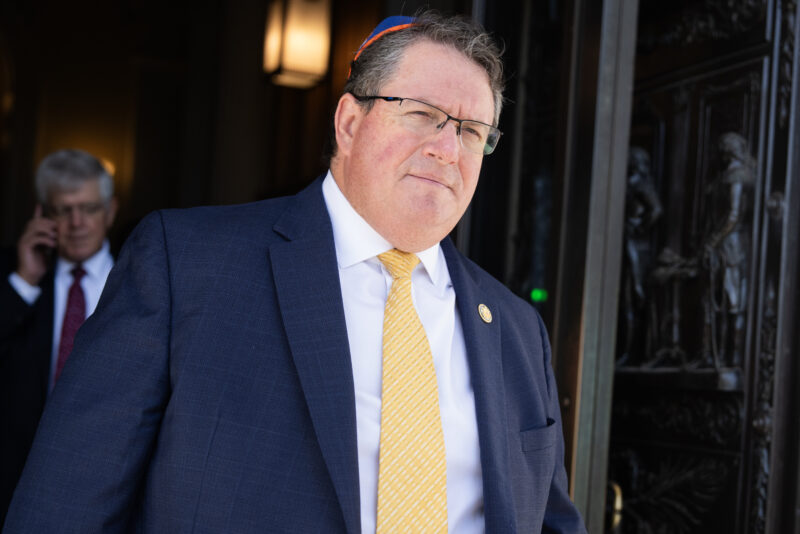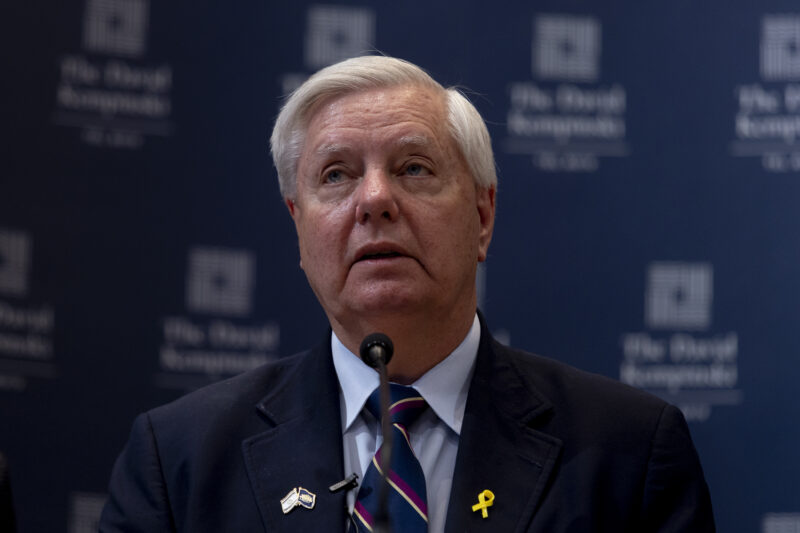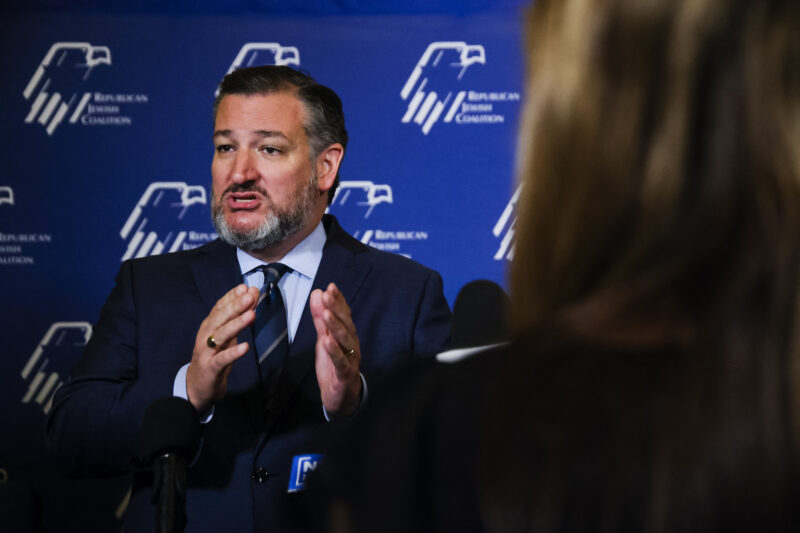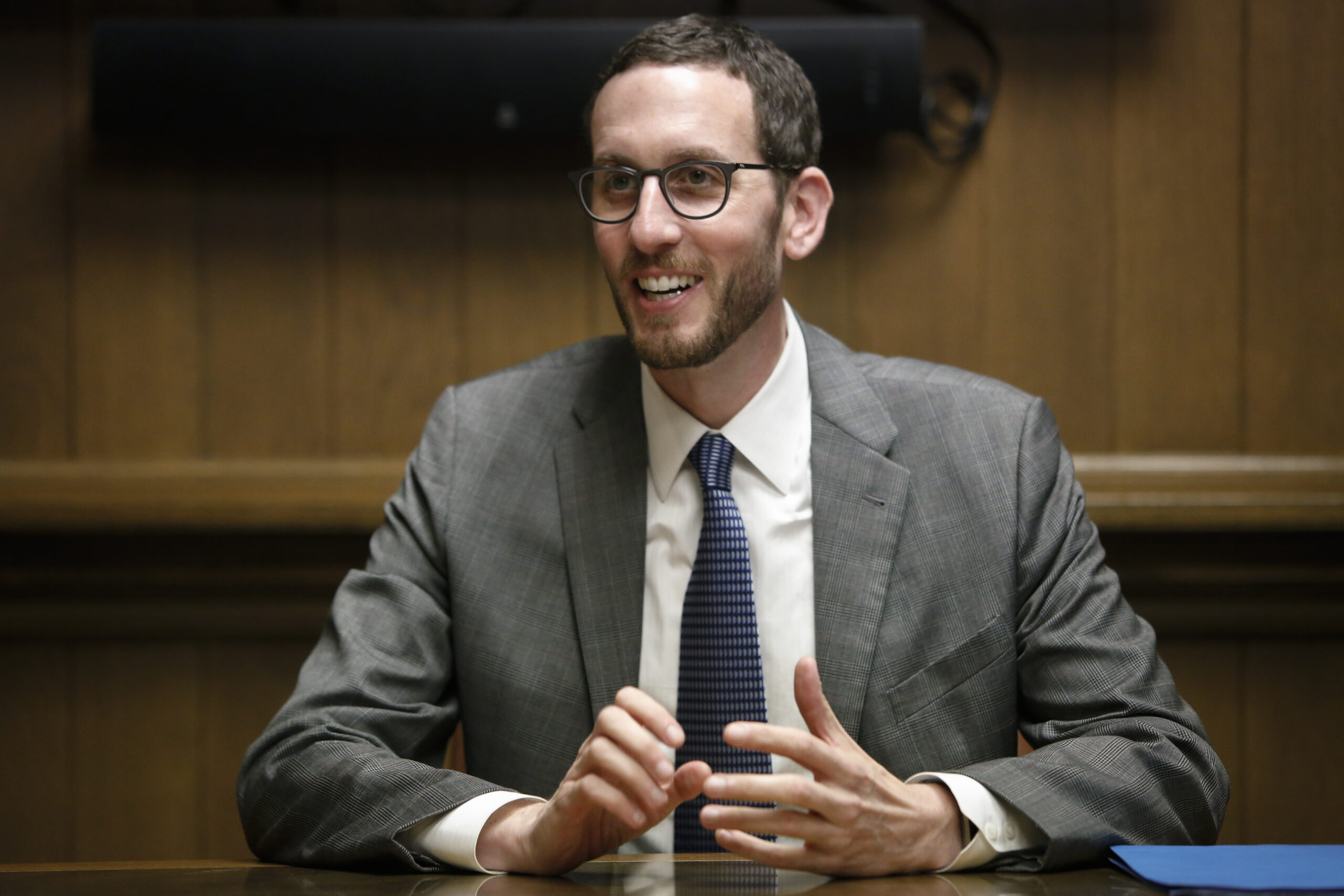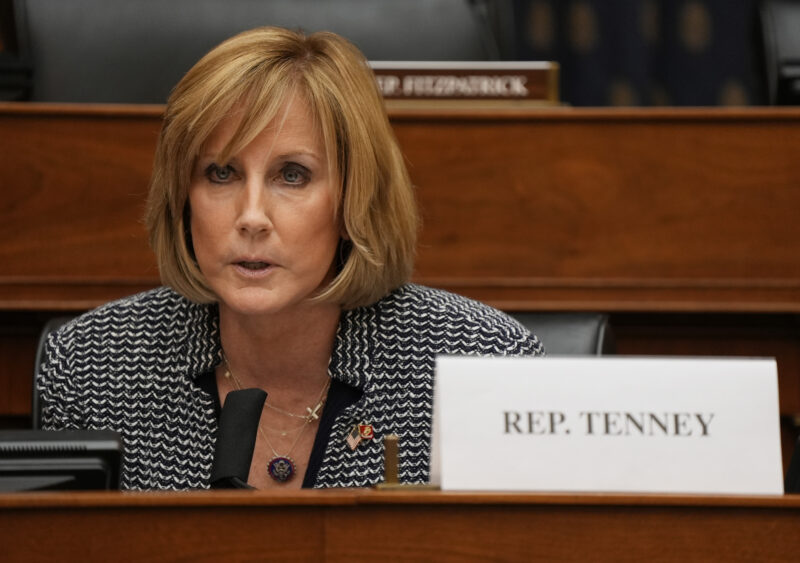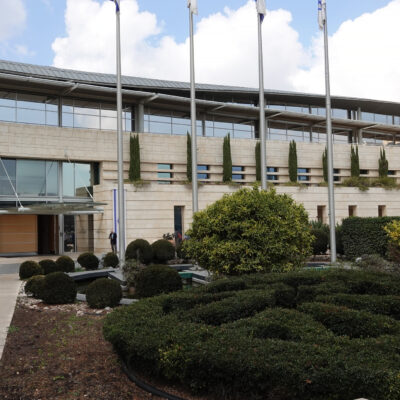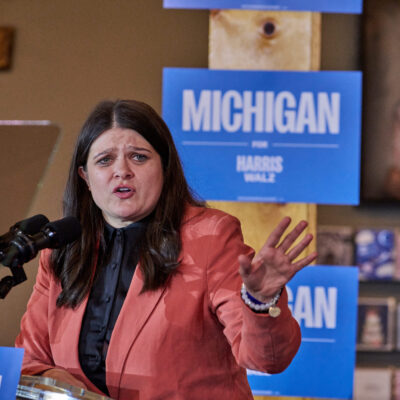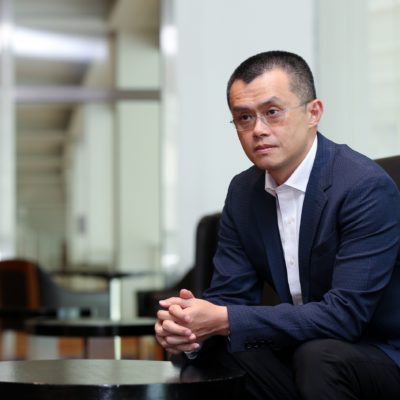Alvin Bragg defends plea deal in brazen antisemitic attack
A defendant who said he'd 'do it again' if given the chance was offered a plea deal by the Manhattan district attorney

Lev Radin/Pacific Press/LightRocket via Getty Images
Manhattan District Attorney Alvin Bragg speaks at NAN Headquarters.
As he enters his second year in office, Alvin Bragg, the district attorney of Manhattan, finds himself at the center of a heated and increasingly personal debate over a case involving the brutal assault of a Jewish man in Times Square.
The veteran prosecutor, whose closely watched handling of the high-profile tax fraud investigation into former President Donald Trump’s real estate company successfully capped off an otherwise turbulent introduction to city politics, is now facing scrutiny for offering what many are denouncing as an overly lenient plea deal to one of four defendants charged with targeting a Jewish resident of Nassau County, Joseph Borgen, in an antisemitic attack nearly two years ago.
Borgen, now 30, has said he was wearing a yarmulke when, in an incident captured on video, he was violently beaten while walking to a pro-Israel demonstration in Midtown Manhattan during the May 2021 conflict between Israel and Hamas in Gaza, which coincided with an uptick in antisemitic incidents across the U.S. He has recalled being punched, kicked and pepper-sprayed during the assault, for which he was hospitalized.
The six-month plea bargain recommended for Waseem Awawdeh, a 24-year-old Brooklyn man accused of striking Borgen four times with a crutch in an attempted gang assault, provoked an outcry from Jewish leaders in New York City and its surrounding suburbs, some of whom have seized on the chance to cast Bragg as misguided in his approach to crime.
Renewing charges that Bragg, a Democrat who took office last January, has been insufficiently aggressive in pursuing criminal convictions, Bruce Blakeman, the Republican executive of Nassau County, dismissed the deal as “a slap on the wrist” and characterized Awawdeh as a “ringleader” in the attack during a press conference held earlier this month. Meanwhile, in a significant escalation of rhetoric, Dov Hikind, a former state assemblyman from Brooklyn, called on protestors “to go to the DA’s house” as he delivered remarks at a rally in Lower Manhattan late last week.
Left-wing advocacy groups, including Jews for Racial and Economic Justice and New York Jewish Agenda, objected to such comments on Thursday, after protestors had gathered outside a Manhattan courthouse where Awawdeh had made an appearance. In a statement defending Bragg, NYJA accused “Hikind and his allies” of “weaponizing antisemitism to call for violence against an elected official.”
The case is shaping up to be another potential test of the district attorney’s relatively brief tenure, which began on rocky footing after he released a controversial policy memo pledging to seek prison sentences only for the most severe offenses. Bragg, who faced calls for his ouster from Republican leaders during the midterms, has since tempered his approach to such crimes.
In his first public comments to address the Borgen case, Bragg, 49, said in an interview with Jewish Insider on Friday that he was “aware of the broader discussion” around the investigation but refrained from responding directly to accusations from some of his most vociferous critics. Instead, he insisted that his office is simply following the facts at hand. “Our focus is where it must be,” he said in a phone conversation, “which is the evidence that will be put forth and that does come forward during our investigation.”
“We take these cases extraordinarily seriously,” Bragg averred. “That sort of hate has no place in Manhattan.”
Despite the uproar over the sentencing recommendation, Borgen, whose public statements addressing the case have largely remained diplomatic, told The New York Post last week that he believes the prosecutors involved in the investigation “are doing the best job they can do at this point.”
Awawdeh, who reportedly called Borgen a “dirty Jew” during the attack and later said he would “do it again,” did not initiate the assault and left before it was over, according to a spokesperson for Bragg’s office. He has no prior criminal convictions.
“We do this in all of our cases, a kind of individualized justice depending upon a person’s role in the charge conducts” and “a person’s criminal history or lack thereof,” Bragg, a former federal prosecutor who has long advocated for a holistic approach to criminal justice, said broadly of the deal offered to Awawdeh. “We’re looking specifically at the person, the crime and the person’s role in the crime.”
While Bragg said that “all of the offense conduct plays a role” in the investigation, he explained that his office is, unlike the general public, for now privy to what he characterized as “the full context of conduct.”
Rebecca Roiphe, a professor at New York Law School, said she was unable to weigh in on the merits of the plea deal “without knowing more about the details of the case,” even as she acknowledged that it “has provoked a great deal of outrage and the nature of the crime was horrific.”
“But the DA has to consider multiple factors in determining what plea deal to offer,” she wrote in an email to JI, adding: “It is impossible to scrutinize a plea deal without fully understanding what role this defendant played and a host of other facts that bear on the proper plea deal and sentence.”
Bragg said his office is “requiring felony hate crime pleas and incarceration, at the minimum,” for three of the four defendants in the case, including Mohammed Othman and Mahmoud Musa, who must plead to the top charge of assault in the second degree as a hate crime, a Class C felony with a minimum sentence of three-and-a-half years in state prison and a maximum sentence of 15 years.
“That is, in our view, serious, the three-and-a-half to 15,” Bragg said, “and is commensurate, in our view, with the charged conduct.”
A fourth defendant, Faisal Elezzi, has been offered a plea to attempted assault in the third degree as a hate crime, a Class A misdemeanor with a “sentencing condition” of “intensive programming,” a spokesperson for Bragg’s office told JI.
Bragg declined to comment on the specifics of the case, which he inherited from his predecessor, Cyrus Vance Jr., because it remains ongoing. The defendants are due back in court on March 9, when more details of the case are likely to be made public.
“We do the work,” Bragg said. “We are in the arena. We are in the court. We’ve got an obligation to focus on the facts and the facts and the evidence, and that’s where, certainly, my focus is and the office’s focus in every case, including this case.”
Even as the six-month plea deal has been met with disapproval from a cohort of outspoken detractors, Bragg, who is Manhattan’s first Black district attorney, has emphasized that countering a rise in hate crimes remains a “top priority,” as he claimed in an interview with JI last summer. Such offenses “tear at the fabric of society,” he said on Friday, adding: “They’re different when someone’s being attacked because of their religion or their race or their national origin.”
Last year, Bragg successfully lobbied for $1.7 million in additional funding to expand his office’s hate crimes unit, which he had characterized as under-resourced amid an uptick in attacks against Asian Americans, Jews and other minority groups across the city.
Since the funding was released this past July, Bragg’s office has staffed up while building a sizable docket of cases. The unit, led by Hannah Yu, is now operating with 20 specially trained hate crimes prosecutors, in contrast with just three during the same time a year ago, according to Bragg. It has also hired two new senior investigative analysts while increasing outreach to underserved communities with the help of victim services counselors fluent in such languages as Cantonese and Mandarin, among other efforts.
“As a result of this work, our hate crimes prosecutions are up 20% on the year,” said Bragg, whose office initiated 92 new hate crimes cases in 2022. “Our docket is, sadly and tragically, at an all-time high, and probably even sadder than that, we still note that this is an underreported crime.”
He suggested that the growing docket of cases was the result of both rising hate crimes and the recent influx of resources allowing the unit to take on additional investigations. “I think that our outreach certainly has directly led to some reporting,” he said. “I also do think, sadly, that hate crimes are up.”
More broadly, robberies, burglaries and other major crimes have also increased overall during Bragg’s time in office, even amid a contemporaneous decline in murders and shootings across New York City.
In a demographic breakdown of his office’s open hate crimes investigations shared with JI, the highest number of cases, 44 in total, were said to be motivated by anti-Asian bias, followed by 32 cases involving members of the LGBTQ community. The hate crimes unit is currently working on 16 antisemitic cases, which represent the third largest share of hate crimes prosecutions now under the office’s purview.
“That’s a very high number,” Yu, the hate crimes unit chief, said in an interview with JI last week. “They range from incidents involving the placement of a swastika on a building to some very serious cases.”
The office is now bringing charges in another high-profile antisemitic incident involving two defendants, Christopher Brown and Matthew Mahrer, who were arrested this past November in an alleged online terror plot to attack the Jewish community in Manhattan. The suspects are scheduled to appear in court on Tuesday following a grand jury indictment last month.
Brown is facing a top indicted count of criminal possession of a weapon in the second degree as a crime of terrorism, while Mahrer is charged with a top count of criminal possession of a weapon in the second degree. The district attorney’s office has enlisted its director of intelligence for counterterrorism to help prosecute the two defendants, Yu said, while noting that a senior trial counsel is the lead assistant district attorney on the case. “These are very serious crimes,” Yu told JI.
Yu, who took over the hate crimes unit in 2021, said her team is “seeing a persistent number of assaults and harassment cases against the Jewish community,” amid what she described as a “troubling” uptick in antisemitic incidents.
Last year saw more than 250 antisemitic hate crimes reported to law enforcement across New York City, according to a recent analysis of police data conducted by The Times of Israel.
“Whether we can connect that to recent rhetoric that we’ve seen from celebrities and the like about the Jewish community, I can’t say for sure,” Yu told JI. “But there is, it seems, an increase in harassment of Jewish people, threats communicated either over the phone or by email — and those require extensive investigation, which we’re doing right now.”
The office’s docket of cases listed as antisemitic, while unusually large, still falls short of providing “the full picture of” related ongoing work, Yu added. “There’s a lot of pre-arrest investigations and post-arrest investigations that are happening,” she said, referring in particular to cyber-related crimes. “There’s very little that we don’t look at when we are trying to see if there’s any sort of bias-related motive evidence,” Yu explained. “If there’s a pattern, we’re looking at each incident to see if there was a statement made at every incident.”
The 20 prosecutors who work in the unit have also received additional training, Yu said, to enhance their skills at identifying antisemitic tropes and interviewing victims and witnesses from immigrant communities, among other things. “We’re really expanding our knowledge base,” she told JI.
As the office has worked to bolster its hate crimes unit over the last six months or so, it has increased engagement with pro bono legal advocates and nonprofit organizations, including the Asian American Bar Association of New York, the Anti-Defamation League and the Jewish Community Relations Council of New York.
“There’s just a constant stream of communication with our community-based organizations,” Yu told JI. “We can’t do the job without them, because they may have information that we’re not privy to.”
In keeping with what Yu described as Bragg’s “vision for fairness and justice,” her unit, she said, has referred many of its cases to the office’s Pathways for Public Safety division, which was launched last year in an effort to promote alternatives to incarceration “without jeopardizing community safety,” according to a statement announcing the initiative.
The goal, Yu elaborated, is “to see if there are other programmatic” legal avenues — such as substance abuse programs and mental health court — that could possibly “make sense” in lieu of what Bragg has criticized as an excessively punitive criminal justice framework often more focused on securing convictions than addressing root causes of crime.
“We want to achieve many goals through these hate crime resolutions, whether it’s letting the victim know that we care and achieving closure and justice for the victim,” Yu said, “but also preventing these crimes from happening again, which may involve rigorous treatment and programmatic efforts to really allow the defendant to be in a place where they will not commit a crime like this again.”
While even the plea deal given to Awadeh was too cushy for some of Bragg’s most strident critics, the district attorney said his office will continue to prioritize hate crimes investigations using an “individualized” approach to justice, as the recently expanded unit works through a record number of cases.
“There’s a lot more work to do,” Bragg told JI in the interview on Friday. “But we are, I think, well-positioned from a kind of human and institutional resources perspective.”




